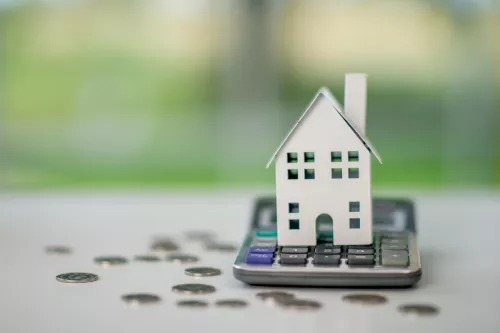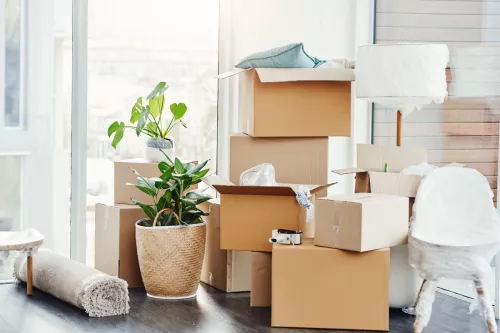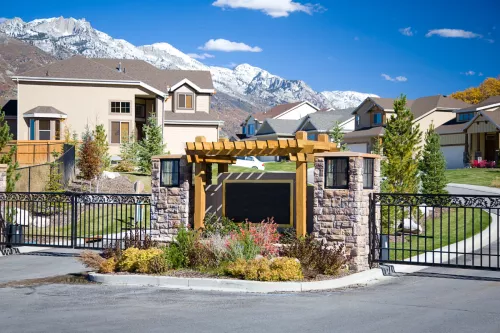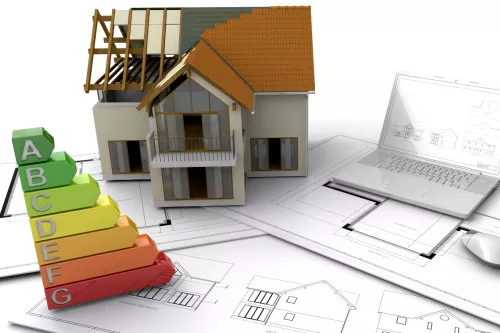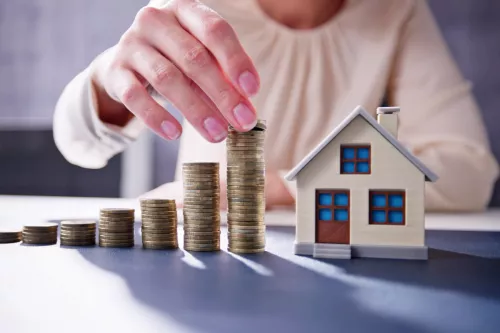When we are thinking about cleaning, we tend to opt for chemicals that do the job, like bleach. But is bleach good when cleaning hardwood floors? Hardwood floors are a timeless and elegant feature in many homes, offering a warm and inviting atmosphere.
However, when it comes to cleaning and maintenance, there's often confusion about what is the best method. That’s why we’ve created this post, to address common questions and offer insights into the best practices for cleaning hardwood floors.
Will Bleach Ruin Hardwood Floors?
When bleach is used on hardwood floors, decks, or furniture, it often breaks down the wood's structure at the molecular level. This leads to alterations in the wood's hue and a reduction in its strength, making the wood more susceptible to absorbing stains and more vulnerable to damage.
Furthermore, bleach being known for its strong disinfectant properties, it can be a questionable choice for hardwood floors. The primary concern lies in its potential to damage the wood's natural finish and integrity.
Is it Safe to Clean Floors with Bleach?
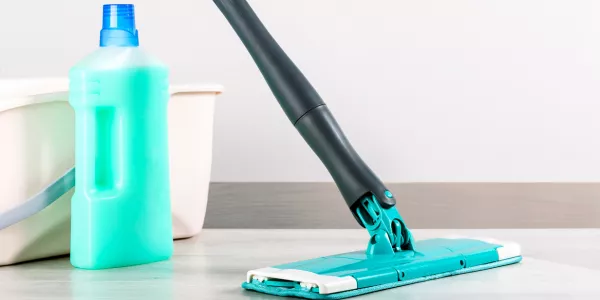
Absolutely! Bleach can be utilized for cleaning floors, but it should not be a daily routine.
Bleach is often employed for cleaning various floor types, as it serves as a disinfectant rather than a regular cleaner. Its use on floors can be beneficial. It effectively removes tough stains, enhances the brightness of the surfaces, and provides disinfection. Bleach is readily available for purchase in stores, or you can prepare your own at home.
However, applying bleach to already dirty surfaces can render it less effective. To ensure proper disinfection, start by cleaning and drying the floor thoroughly. Afterward, apply the bleach and let it sit for 10 minutes. Following this, you may use a solution of water and vinegar for the final cleaning of the floor.
While bleach is effective in killing bacteria and viruses, its harsh chemical composition makes it less ideal for hardwood floors. If you choose to use bleach, it should be heavily diluted and used sparingly. A solution comprising one part bleach to ten parts water is recommended.
This diluted mixture can help minimize damage, but it's crucial to perform a spot test in an inconspicuous area before applying it to the entire floor. Additionally, ensure the room is well-ventilated and follow safety precautions, like wearing gloves.
What is the Best Thing to Use to Clean Wood Floors?
For routine cleaning, a gentle, pH-neutral cleaner is the safest option for hardwood floors. Products specifically formulated for wood floors are ideal as they clean effectively without causing damage. For a natural alternative, a solution of mild dish soap and water can be effective.
Remember, the key to preserving hardwood floors is to avoid excessive moisture and harsh chemicals. Use a damp mop rather than a wet one and avoid leaving standing water on the floor.
How to clean Hardwood floors?
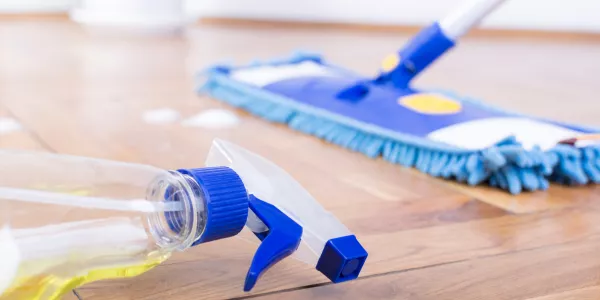
Each one of us have our own way on cleaning, but since we are talking about a specific floor, you might find useful this step by step on how to clean hardwood floors:
Moisten the Mop
Soak a sponge or mop in water and then squeeze it out until it's almost dry, ensuring it's only slightly damp when touched.
Damp Mopping and Rinsing
Gently mop the floor, being cautious to avoid leaving any pools of water. If your cleaning solution specifies, follow up by rinsing the area with a fresh mop that's been lightly dampened with clean water.
Remove Any Excess Moisture
Act quickly to mop up any remaining liquid, as water left on the surface can harm wood floors.
Aid in Drying
In humid conditions, speed up the drying process by turning on a ceiling fan or air conditioner.
People also ask
Can I Use a Bleach Solution for Stubborn Stains?
Bleach is effective in making fabrics and surfaces brighter and whiter, and it's especially useful for eliminating tough stains. Bleaches containing sodium hypochlorite, commonly known as chlorine or liquid household bleach, are particularly potent for laundry use.
They not only clean and whiten but also possess disinfecting properties. For tough stains, a diluted bleach solution can be considered, but it should be used with caution. After addressing the stain, rinse the area with clean water and dry it thoroughly.
Are There Safer Alternatives to Bleach for Disinfecting?
Many homemade cleaning solutions are based on hydrogen peroxide and white vinegar. These ingredients are effective as cleaners and can eliminate a significant portion (up to 80%) of certain germs and bacteria. However, it's important to note that the remaining 20% can become more resilient, potentially leading to the development of stronger, more resistant strains known as superbugs.
How Often Should I Clean My Hardwood Floors?
Vacuum on a weekly basis. For areas with high foot traffic, use a damp mop for cleaning bi-monthly. Once a month, clean with a cleaner specifically recommended for hardwood floors. Every three to five years, refresh the floors with a new coat of finish. Regular cleaning schedules depend on foot traffic and the presence of pets or children.
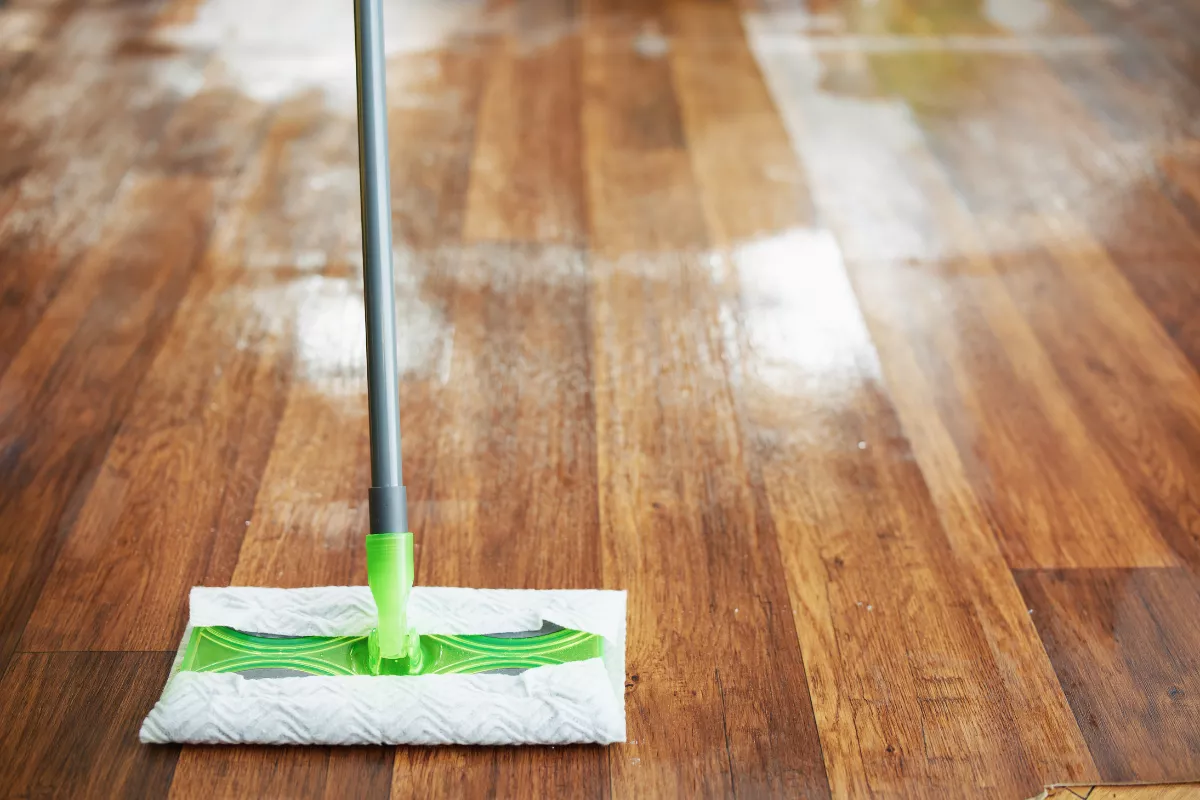
 Marcio Vasconcelos
Marcio Vasconcelos
